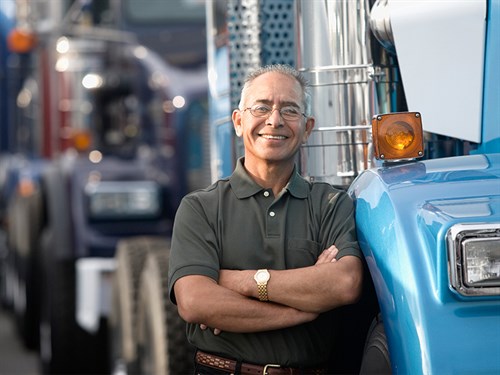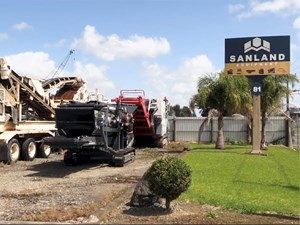Valuing our ageing workforce
While the Women in Road Transport Network is fundamentally about encouraging and supporting women in the road transport industry, I like to think of our role in broader terms.
I see us as advocating for the different people in our industry while working across the sector to make the most out of our incredible human resource.
We repeatedly hear about driver shortage and the difficult job we have of recruiting people into the road transport industry. For obvious reasons, a lot of this focus is aimed at the younger generations, school leavers, and those who decide they want to learn as they work. This can sometimes come across as an implication that our industry is not interested in the well-being of its older workforce. That would be an unfortunate and unfair insinuation, as it’s the hard work of our more experienced staff that helps to make our industry tick.
Age is only a number after all and what’s in a number? As far as I am concerned, it’s all about the attitude towards the job.
One thing that’s indisputable is that our ageing trucking workforce has the right attitude in spades. Yes, it’s true we want to attract more young people into our industry, and we definitely want more women, but let’s not forget how valuable our existing ‘more mature’ staff is to us. The average age of the industry’s workforce is around 53 years, and it’s true that this brings some challenges with it. Maybe the physical aspects are decreasing for some. However, the modern workplace is constantly being re-engineered to make this a far less important factor in performance.

The truck cab, for example, has changed significantly over the last 20 years and now accommodates a driver more comfortably. Accessibility to cabs and where we store items in the cabs are real considerations, so fleet choice with good cab ergonomics should be paramount for operators. Some depots and loading facilities may also need reorganising to help suit the ageing body.
But these are not just considerations for older people. Not many people are the average size, height, and weight.
The more our industry can cater to all shapes, sizes, and skill sets within the bounds of safety, the better we will be in attracting and retaining good staff.
I have spoken a lot in the past about flexible working hours and how that can suit younger workers and, particularly, women. However, it’s also a factor in retaining an older workforce. Flexible hours and four-day weeks can also suit older workers who want to go away on a long weekend or just enjoy a little bit more work-life balance.
The reality these days is that many older people spend time helping look after their grandkids. With the increasing pressure on family incomes, parents are often required to work full-time and, therefore, require childcare support from grandparents. This doesn’t take into account the number of grandparents who actually raise children themselves. As an example of how important grandparent careers are, the Grandparents Raising Grandchildren organisation, which advocates on their behalf, states they now provide support services to more than 6000 grandparents and whanau careers.
So, rather than seeking retirement, our older, knowledgeable workers should be encouraged to stay on, even if that means greater flexibility from their employer. Their experiences and institutional knowledge are what help us solve the day-to-day problems that crop up in our industry.
One of the most common preconceptions I hear is: "But you expect people to work 70 hours a week." People see those hours worked as a huge barrier to entry into road transport. They don’t consider that many people enjoy the independent nature of the job and the glorious scenery truck drivers get to see as part of their daily work.
And those wrinkles, well, they are merely laughter lines.
Keep up to date in the industry by signing up to Deals on Wheels' free newsletter or liking us on Facebook.






.jpg)









